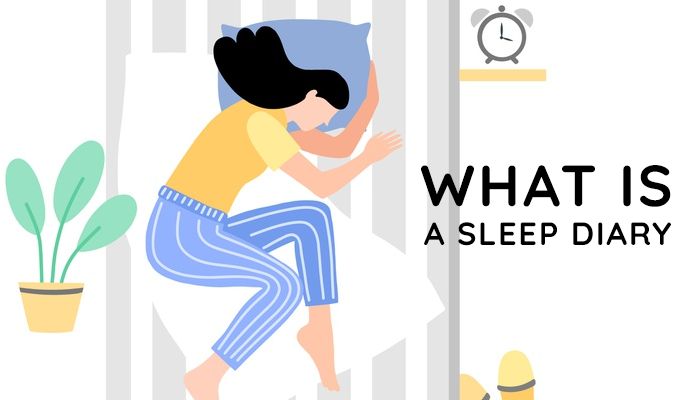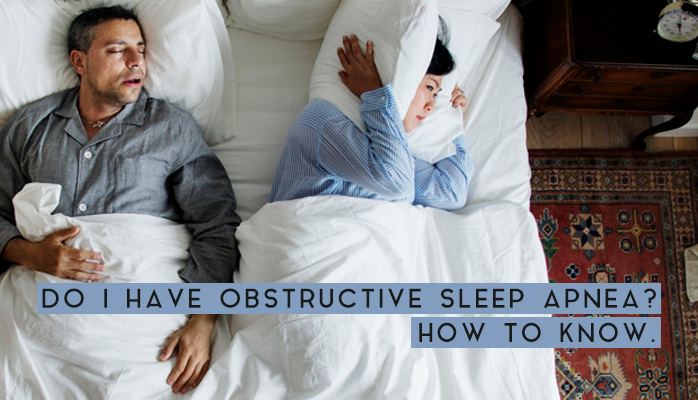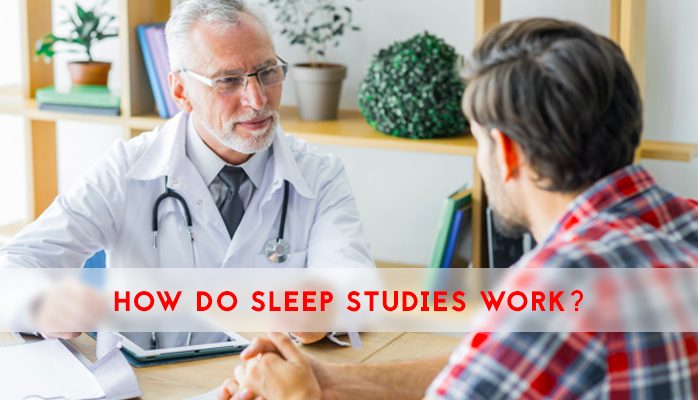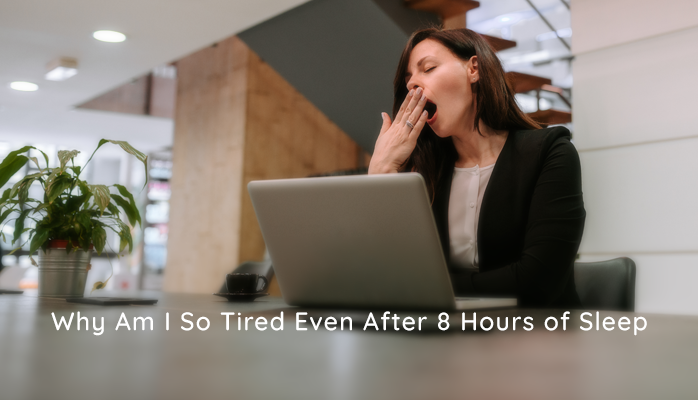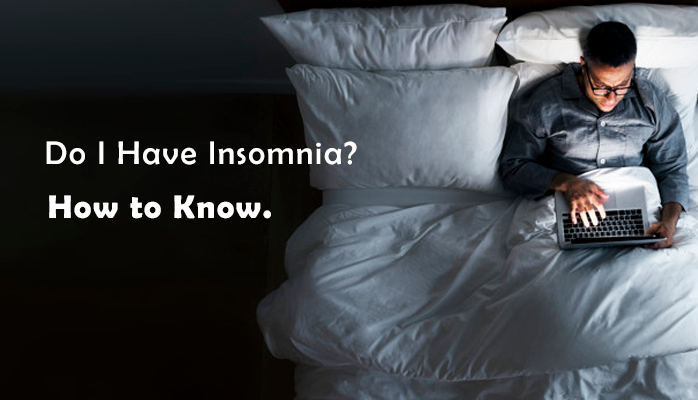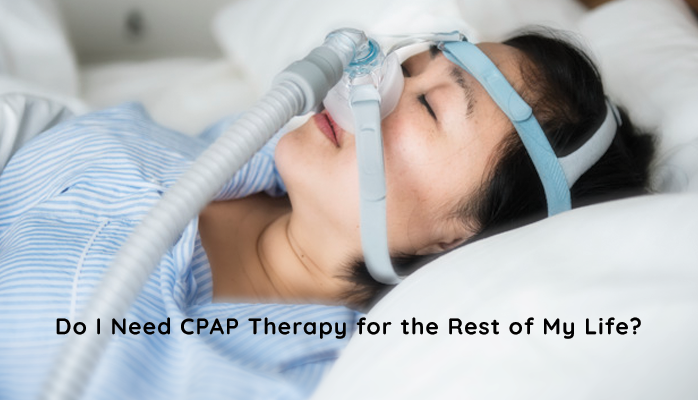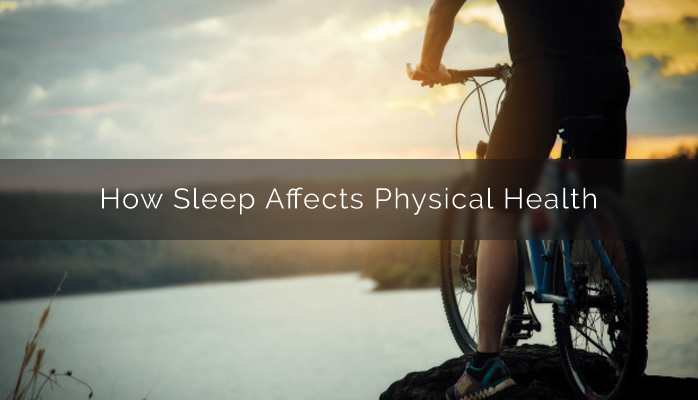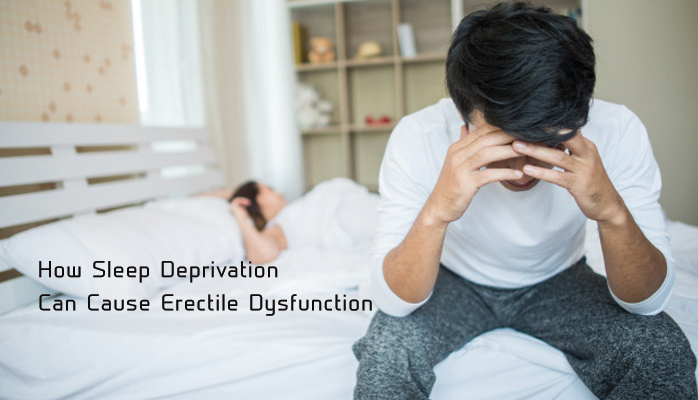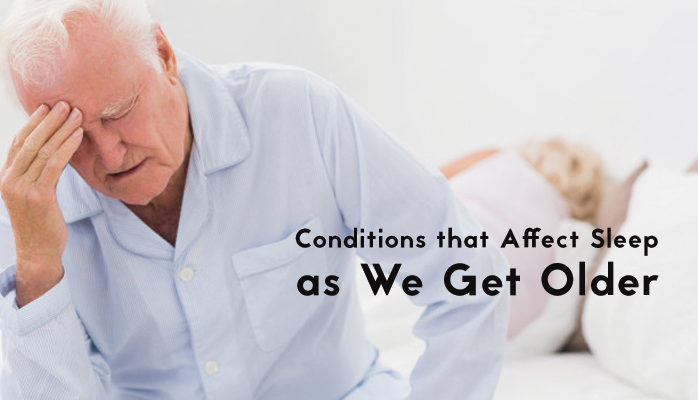Getting Older Often Means More Sleep Problems
As you get older, the likelihood that you will develop or report sleeping issues will increase with age. This is because sleep patterns will change over time, requiring you to adapt in order to acquire adequate sleep. Examples of these changes include:
- You will likely sleep less than 7 hours at night
- Your sleep may feel less restful during the night
- You may be more inclined to nap
- The times that you go to bed and wake up will also likely change
As an adult, you should average 7-9 hours of sleep every day. However, these hours do not have to be continuous.
Younger individuals often have less challenges with sleeping throughout the night uninterrupted. But as sleep patterns change with age, getting the same amount of uninterrupted sleep may seem impossible.
Regardless, it's still vital for the body to obtain 7-9 hours of sleep. To obtain this, even with shorter sleeping periods at night, older adults often have to supplement their nightly sleep with long, daily naps, or separate their sleep into two long sessions with a break of wakefulness. The method in which one acquires this sleep is irrelevant, but what is important, is that getting the requisite amount of sleep is a conscious effort that requires intention and planning.
The causes of the changes are multifactorial - stress, family, job changes, hormones, nature - and can make one more susceptible to certain sleep disorders. Let’s look at some of the sleep disorders that are more common in older people.

